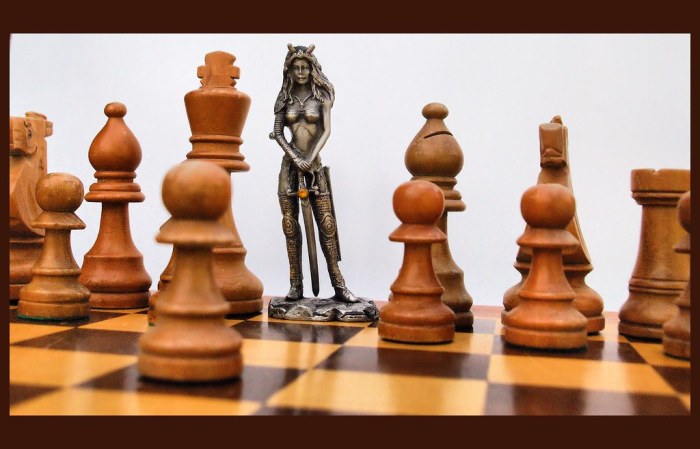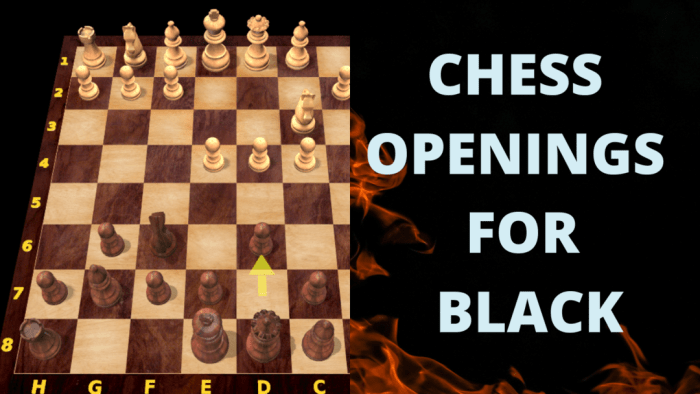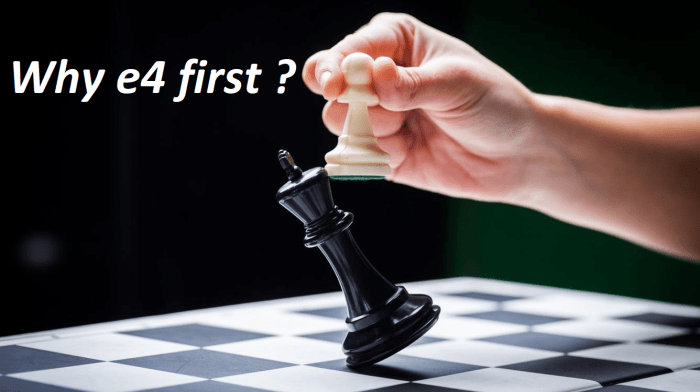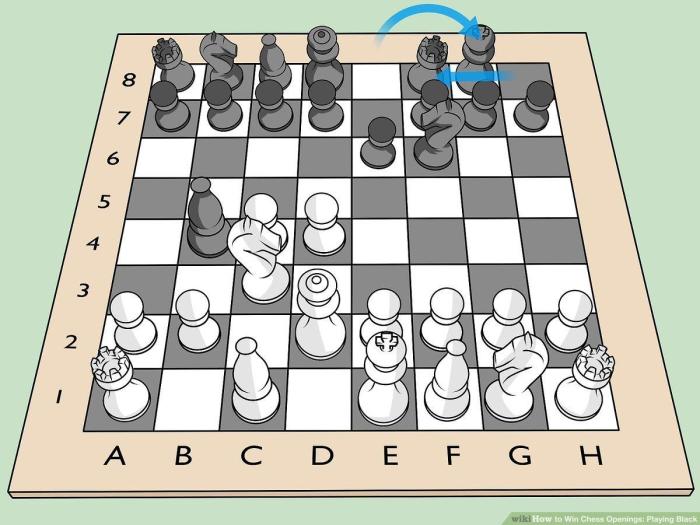First Course of Action Crossword: Strategies and Techniques for Solving the Initial Step. Crossword puzzles are a popular and challenging pastime that requires a combination of knowledge, logic, and problem-solving skills. One of the most important aspects of solving a crossword puzzle is identifying the first course of action, which refers to the initial step or strategy used to approach the puzzle.
In this article, we will explore the concept of first course of action in crossword puzzles, discuss effective strategies for identifying it, and provide a list of commonly used first course of action words. Additionally, we will delve into advanced techniques for solving complex puzzles and share tips and tricks to improve your crossword-solving skills.
Definitions and Interpretations: First Course Of Action Crossword

In the realm of crossword puzzles, the “first course of action” holds significant importance as the initial strategy employed by solvers to unravel the cryptic clues presented in the grid.
Typically, this strategy involves identifying and filling in the most straightforward or obvious answers, which often serve as building blocks for solving more complex clues.
Variations and Alternative Meanings
While the term “first course of action” generally refers to the initial approach taken by crossword solvers, some variations and alternative meanings may arise in different contexts:
- Starting point:The first course of action can be seen as the starting point or foundation upon which subsequent solving strategies are built.
- Initial strategy:It represents the specific techniques or methods employed by solvers to tackle the puzzle in its early stages.
- Entry point:The term can also refer to the specific clue or word that serves as the entry point for solving the puzzle.
Strategies and Techniques

Identifying the first course of action in a crossword puzzle requires a systematic approach that involves analyzing the clues, grid, and common patterns. This guide provides effective strategies to help solvers narrow down the possible answers and find the correct solution.
Analyzing Clues, First course of action crossword
- Read the clue carefully:Determine the type of clue (definition, synonym, anagram, etc.) and identify the key words or phrases.
- Break down the clue:Divide the clue into smaller parts and consider each word or phrase separately.
- Look for cross-references:Check if the clue refers to another answer in the grid. This can provide additional information or help eliminate incorrect options.
Analyzing Grid
- Examine the grid pattern:Note the length of the answer, the surrounding letters, and any black squares.
- Identify potential starting letters:Look for letters that are already filled in or can be deduced from the clues.
- Use trial and error:Experiment with different letters or combinations to see if they fit the grid and make sense in the context of the clue.
Common Patterns and Conventions
- Abbreviations:Many crossword puzzles use common abbreviations such as “abbr.” or “var.” to indicate shortened forms of words.
- Prefixes and suffixes:Clues may include prefixes or suffixes that provide hints about the answer, such as “un-” for negatives or “-ment” for nouns.
- Hidden words:Some clues may contain hidden words or phrases within the text that provide the answer.
Common First Course of Action Words
First course of action words are essential in crossword puzzles, as they provide the initial direction for solving the clue. These words often indicate the type of answer required, such as a verb, noun, or adjective.
The following is a comprehensive list of commonly used first course of action words, organized alphabetically for easy reference:
Verbs
- Act
- Add
- Answer
- Be
- Become
- Change
- Check
- Choose
- Come
- Consider
- Count
- Cross
- Define
- Describe
- Do
- Draw
- Enter
- Examine
- Find
- Follow
- Get
- Give
- Go
- Have
- Identify
- Include
- Insert
- Investigate
- Know
- Label
- Leave
- List
- Look
- Make
- Match
- Measure
- Name
- Note
- Observe
- Open
- Order
- Organize
- Artikel
- Pick
- Place
- Plan
- Play
- Predict
- Prepare
- Put
- Read
- Recall
- Record
- Reduce
- Refer
- Reflect
- Remove
- Replace
- Research
- Respond
- Review
- Rewrite
- Say
- See
- Select
- Set
- Show
- Solve
- Sort
- Start
- State
- Stop
- Study
- Substitute
- Summarize
- Take
- Tell
- Think
- Translate
- Try
- Understand
- Use
- Wait
- Watch
- Write
Nouns
- Answer
- Clue
- Definition
- Grid
- Hint
- Key
- Puzzle
- Solution
- Theme
- Word
Adjectives
- Correct
- First
- Last
- Next
- Only
- Possible
- Right
- Wrong
Examples
- Enterthe correct answer in the grid.
- Readthe clue carefully.
- Identifythe theme of the puzzle.
- Choosethe right word from the list.
- Notethe possible answers.
Advanced Techniques for Complex Puzzles

When faced with crossword puzzles featuring complex or challenging clues, advanced techniques are essential for uncovering the first course of action. These techniques involve utilizing wordplay, anagrams, and other methods to decipher the hidden meanings behind the clues.
Wordplay
Wordplay is a common technique used in crossword puzzles to create clever and misleading clues. Solvers must pay close attention to the wording of the clue and identify any puns, double entendres, or other forms of wordplay. For example, a clue that reads “What is always hungry but never eats?” could be solved by “a river.”
Anagrams
Anagrams involve rearranging the letters of a word or phrase to form a new word or phrase. In crossword puzzles, anagrams are often indicated by phrases such as “scrambled” or “letters rearranged.” Solvers must identify the anagram and rearrange the letters to find the correct answer.
For example, a clue that reads “A jumble of letters: ETAE” could be solved by “TEAT.”
Examples of Complex Puzzles
Complex puzzles that require advanced techniques include:
- Cryptic crosswords: These puzzles feature highly complex clues that require a deep understanding of wordplay and anagrams.
- Theme puzzles: These puzzles have a specific theme that connects the clues and answers. Solving these puzzles often requires knowledge of the theme and the ability to think creatively.
- Double-crostics: These puzzles combine a crossword puzzle with a word search. Solvers must fill in the crossword grid while also solving the word search.
Tips and Tricks for Success

Improving crossword-solving skills requires a combination of strategy, organization, and practice. By following specific tips and tricks, solvers can enhance their abilities and increase their success rate.
Effective time management and organization are crucial. Before starting, allocate a specific time frame for solving and stick to it. Divide the puzzle into smaller sections to avoid feeling overwhelmed. Utilize a pencil and eraser for flexibility and to prevent smudging.
Avoid Common Pitfalls
- Relying solely on guesses:Avoid making guesses without considering the clues or intersecting letters.
- Getting stuck on one clue:If a particular clue proves challenging, move on to others and return to it later.
- Ignoring the theme:If a puzzle has a theme, understanding it can provide valuable insights for solving.
Importance of Persistence and Practice
Becoming a proficient crossword solver requires persistence and regular practice. Engage in solving puzzles frequently to improve pattern recognition and vocabulary. Don’t be discouraged by occasional setbacks; view them as learning opportunities.
FAQ Section
What is meant by “first course of action” in crossword puzzles?
First course of action refers to the initial step or strategy used to approach a crossword puzzle, such as identifying a familiar word or pattern.
How can I identify the first course of action in a crossword puzzle?
Effective strategies include analyzing the clues, looking for common patterns or conventions, and using wordplay or anagrams.
What are some commonly used first course of action words in crossword puzzles?
Common first course of action words include “the,” “a,” “and,” “of,” and “in.”
